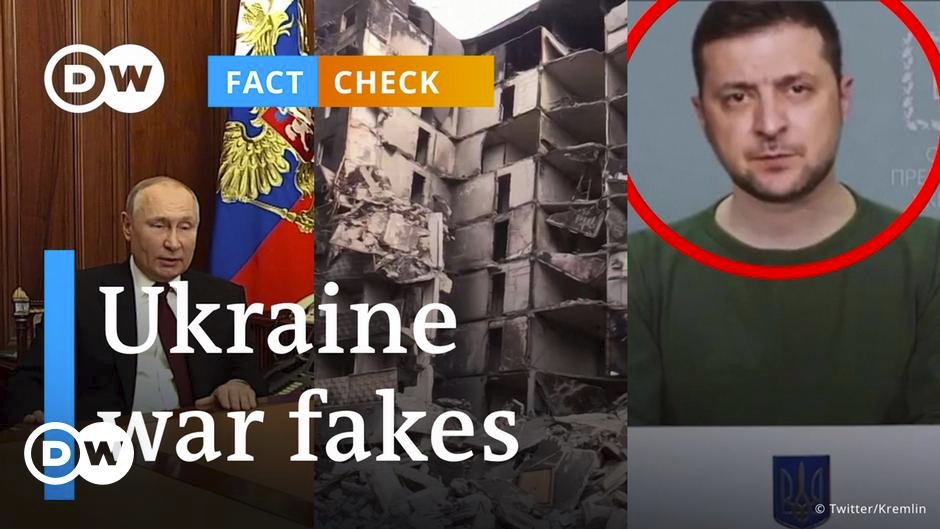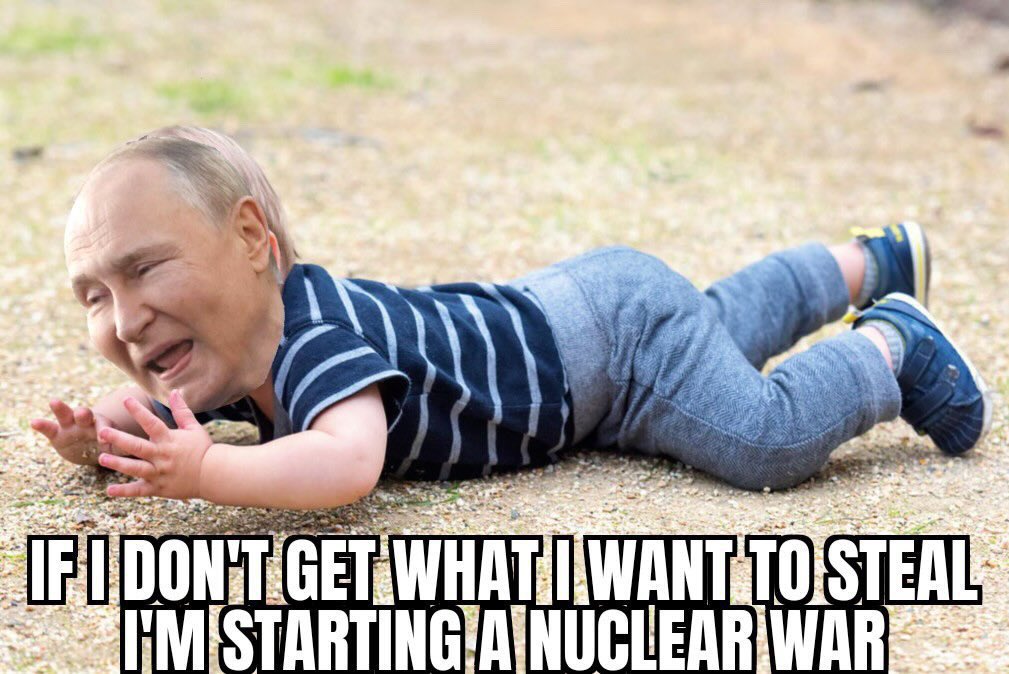In today's #vatnik soup, I'll discuss propaganda. Why is 🇺🇦 winning the propaganda war? What happened to 🇷🇺 as a propaganda/disinformation powerhouse?
Here's my take:
1/12
Here's my take:
1/12

🇷🇺 established their disinformation machinery a long time ago, and a big part of their modus operandi comes already from the KGB era. Their propaganda focuses on putting a negative spotlight on other actors, for example the political opposition, 🇺🇦 or the West.
2/12
2/12

This "bashing of foreign actors" is a very effective propaganda method,and many countries have taken a similar approach after they've seen how well it has worked for 🇷🇺. Previously most countries were focusing on praising their own policies, but this method changed the game. 3/12 

At the beginning of 2022, 🇷🇺 still had a big lead on the disinformation effectiveness. Their troll farms produced propaganda around the clock, and some of it - especially the antivaxx and racial tensions kind - seemed to be working well on fringe groups around the globe.
4/12
4/12

Then, after 🇷🇺's full-scale invasion in 🇺🇦, everything changed. What happened? My theory is that 🇷🇺 had been pushing their luck for too long with Crimea and Donbass, and the collective West simply said "Enough".
5/12
5/12
Western democracies and prominent politicians decided that it's time to aid 🇺🇦 in their defense and started providing aid packages worth billions of dollars. Media caught up and started defending 🇺🇦, too. After this, all 🇷🇺 statements fell on deaf ears.
6/12
6/12

Biolabs, deadly pathogens, neo-nazis, NATO's proxy war... All of these narratives were ridiculed in the Western media and in social media. Individual claims were quickly neutralized by OSINT experts such as the @bellingcat.
7/12
7/12

In May, #NAFO swooped in and started battling the online disinformation with their Shiba Inu memes. We also shouldn't forget 🇺🇦's propaganda, which was constructed brilliantly. First of all, it was all REAL (except for that Ghost of Kyiv guy and a few others): ...
8/12
8/12
... We saw children in bomb shelters, soldiers dancing on fields,🇷🇺 tanks used as a flower bed, demolished civilian buildings, and most of all: we saw their courageous leader. Already on 25th of Feb, 2022,Zelenskyy and his posse recorded a short clip from the streets of Kyiv.9/12 

Early March, 2022, 🇷🇺 disinfo suggested that president Zelenskyy had fled to 🇵🇱. After this, Zelenskyy recorded even more material, directly from the war zone. At the same time, frail Putin was seen sitting at long tables, far away from his military advisors.
10/12
10/12
This is just one example how 🇺🇦 emphasizes individual tragedies and especially HEROISM.Their propaganda tells a David vs. Goliath story, and everybody loves an underdog. 🇷🇺 propaganda focuses on their military POWER and attempts to DENIGRATE 🇺🇦 as a nation and as a culture. 11/12
To conclude, it is worth mentioning that 🇷🇺 propaganda probably works really well in 🇷🇺. Two-thirds of Russia relies on state TV for their news. Their top propagandist Vladimir Solovyov spews out propaganda and outright lies daily, like this:
12/12
https://twitter.com/JuliaDavisNews/status/1589391642653786112
12/12

• • •
Missing some Tweet in this thread? You can try to
force a refresh
































